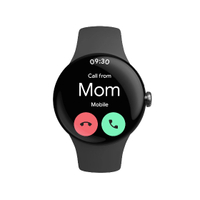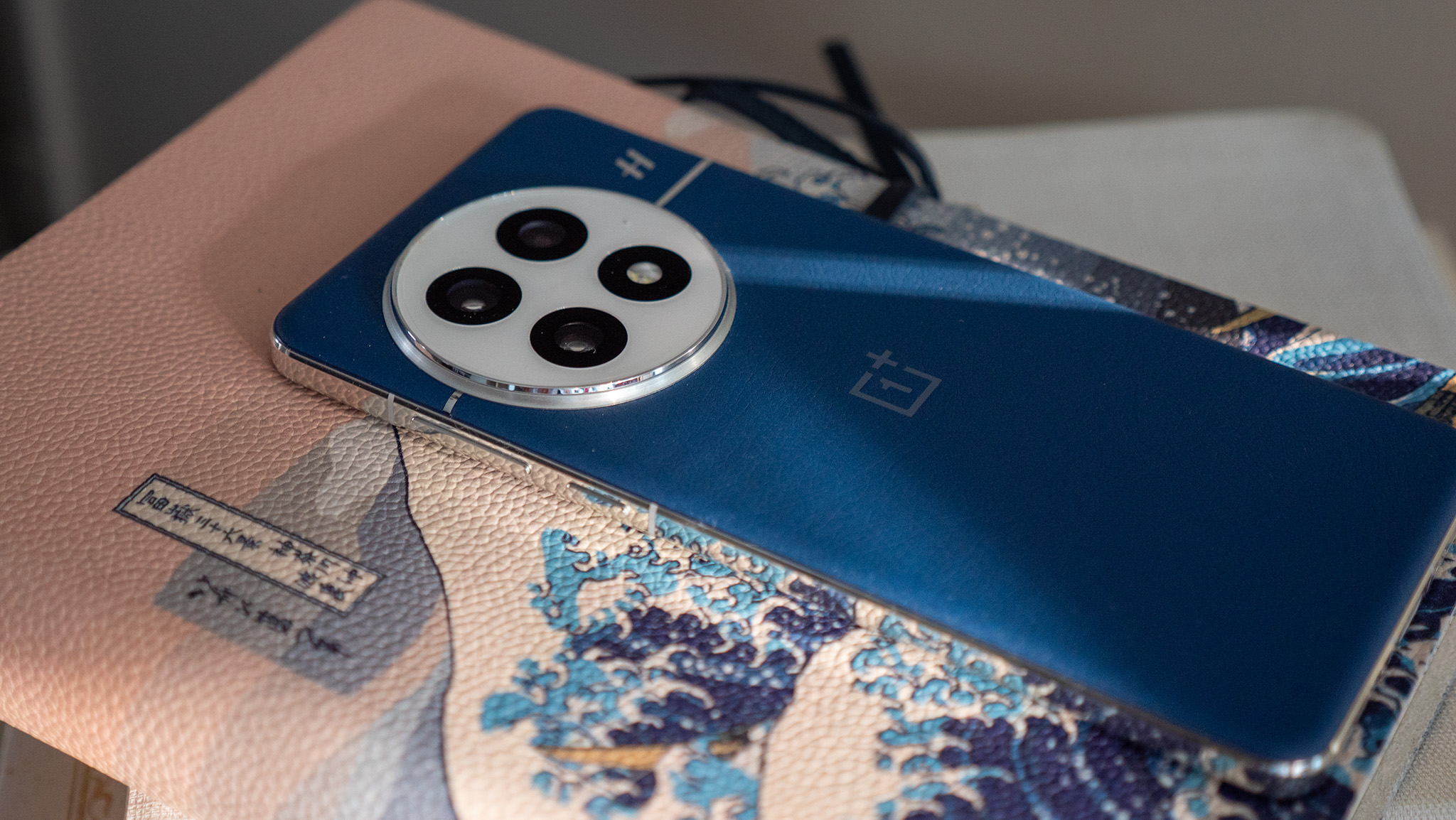Why Google got away with such a boring Pixel Watch & Pixel 7 reveal
Google wants to sell you a complete Pixel ecosystem akin to Apple, but using a very different marketing strategy.
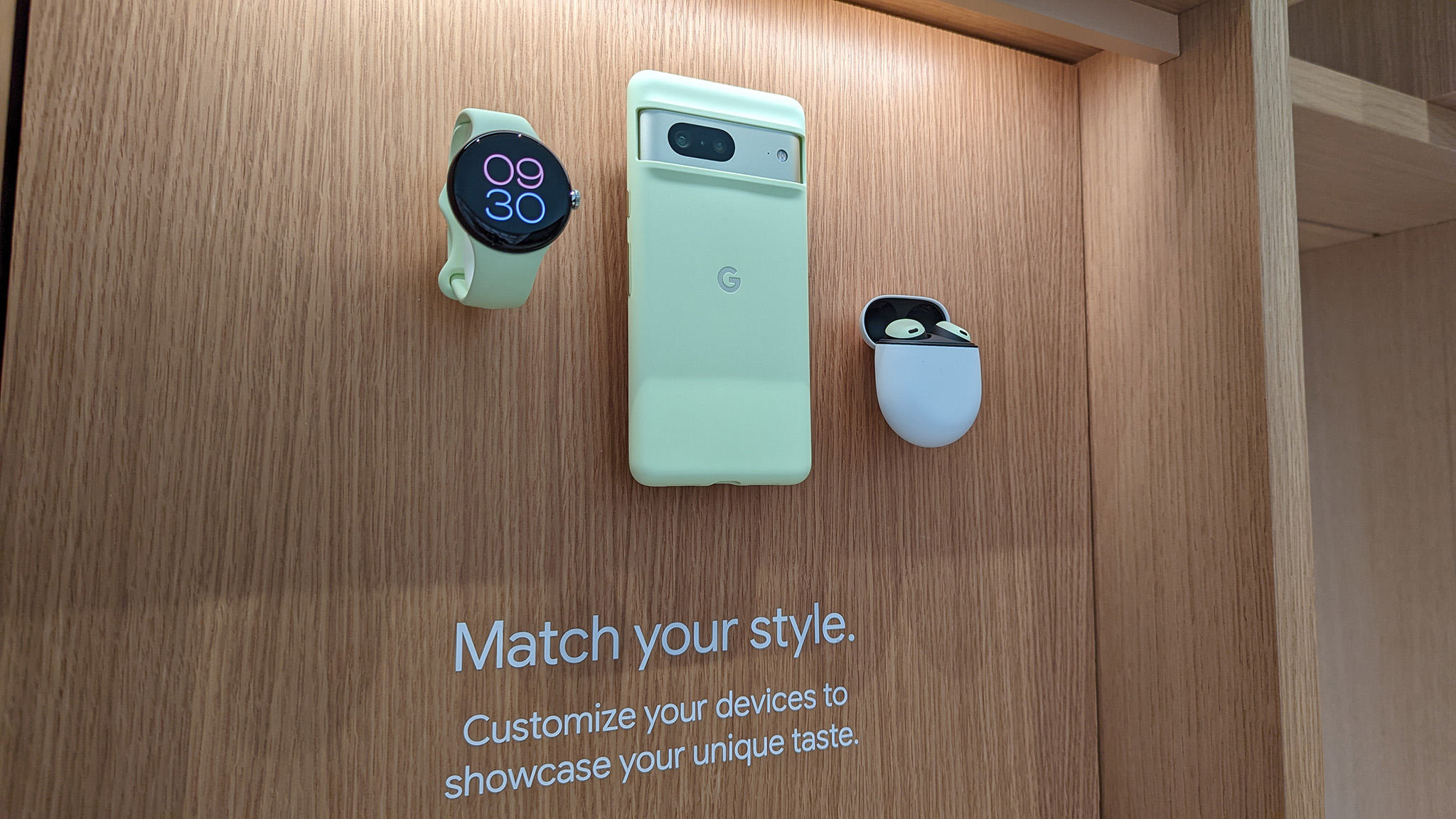
Google likes to treat product reveals like a casual conversation between its engineers and its tech-savvy viewers. The bare-bones Made for Google event on Thursday is a stark contrast to Apple events that rely on high production values and more scripted, drawn-out information. The question is, does Google's laid-back approach help or hurt devices like the Pixel Watch and Pixel 7?
Google launched its long-awaited, first-gen Pixel Watch yesterday, but it only dedicated about 7 minutes to it in an hour-long presentation. It spent nearly as long on VPN software and twice as long on the Pixel 7's photography upgrades. That's not exactly a conventional way to launch a new product lineup you care about!
Google had good reason not to dwell on hardware, given the controversies surrounding it. It used black-bordered watch faces to disguise the thick bezels. It didn't mention the 4-year-old Exynos 9110 chipset or whether the 2GB of RAM and co-processor help it keep pace with the 1.5GB Galaxy Watch 5. And its 24-hour battery certainly never came up.
Instead, Fitbit CEO James Park very briefly showed off all the Google apps you can access through Wear OS 3.5 — YouTube Music, Google Photos slideshows, Calendar, Maps, and Assistant — before explaining how Fitbit Premium will work on Pixel Watch, with a behind-the-scenes look at how they've made health tracking more accurate.
And then...they moved right on to the Pixel Tablet! No further Wear OS discussion, no talk about the Material You look...nothing.
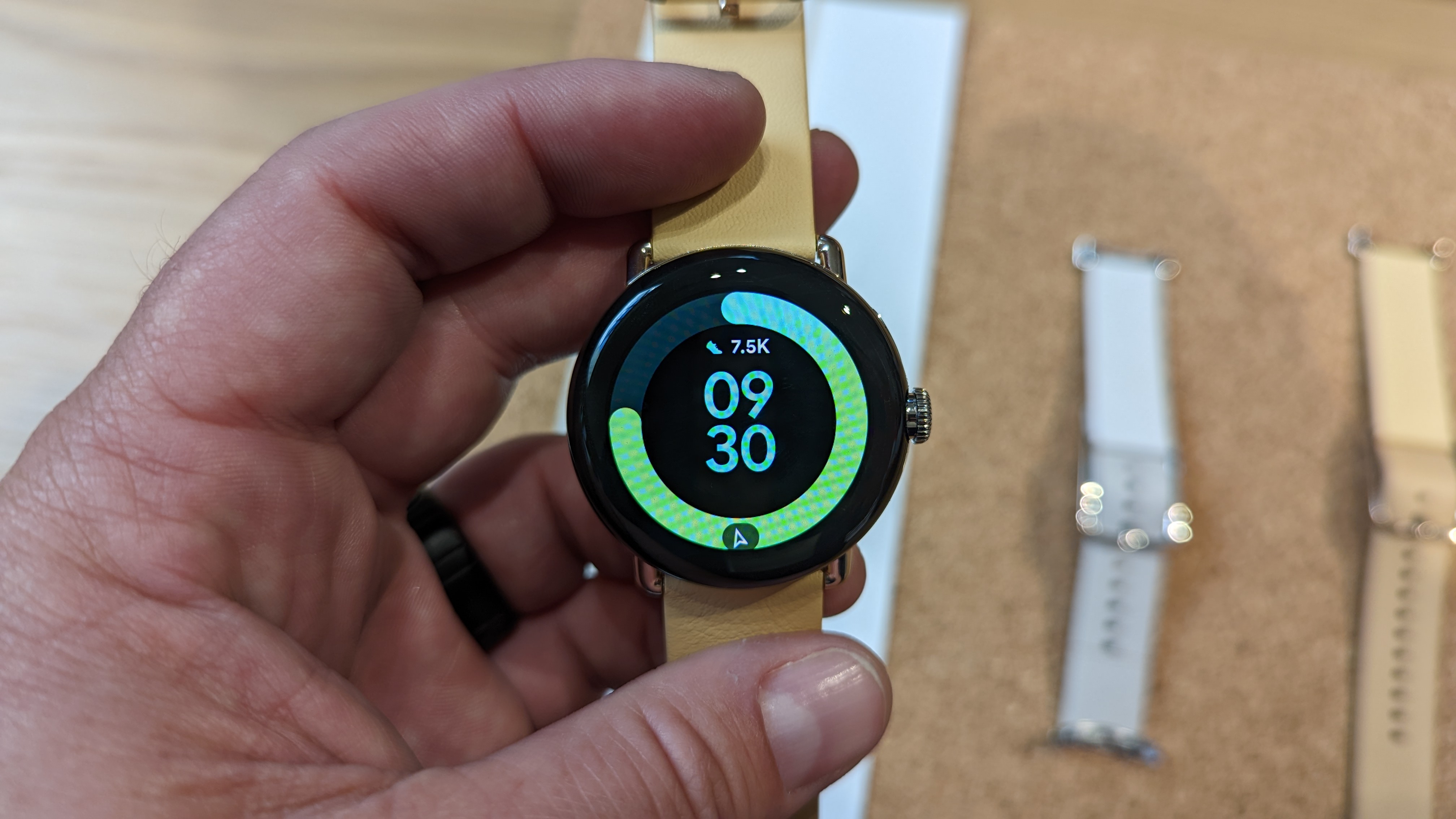
Park's presence on stage made it clear the Pixel Watch is the upgraded successor to the Fitbit Sense 2; a Google fitness smartwatch first and foremost. The Pixel Watch costs a bit more and doesn't have all the same sensors, but by trading away battery life it offers a much smoother and faster interface.
I've complained in the past about how Apple and Samsung collect a ton of fitness data but don't have the algorithms to analyze the data and tell you how hard to work out; you just have to close your rings every day. Google will be the first to give a proper Daily Readiness Score based on your workout data, and that's arguably a game-changer that could help the watch draw some attention beyond its sleek looks and interoperability with Pixel phones.
Be an expert in 5 minutes
Get the latest news from Android Central, your trusted companion in the world of Android
Compare Park's nondescript reveal to the Apple Watch Series 8 and Ultra reveals last month, with Apple's trademark ultra-serious commercials about lives saved and SOSs sent. Not to mention meme-worthy moments like Apple engineer Craig Federighi running in slow motion towards a new product at WWDC 2022. I doubt you'll ever see Google's Rick Osterloh asked to pull a similar stunt.
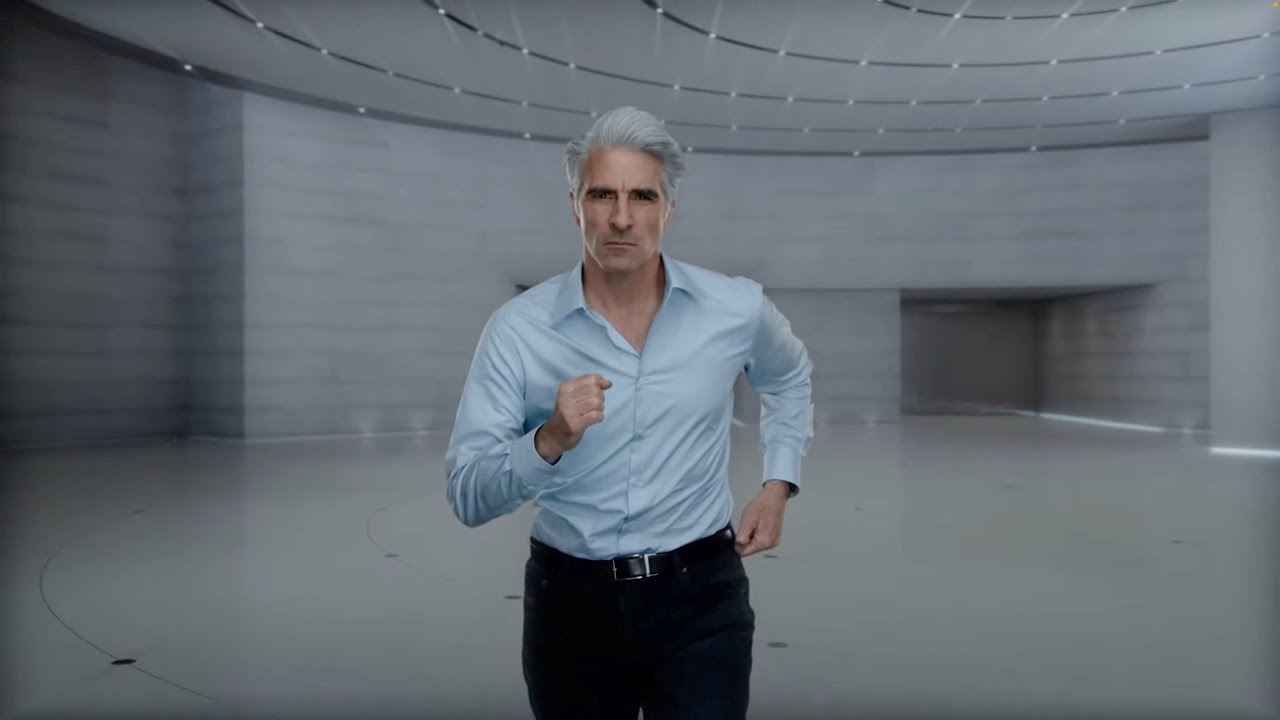
Apple live streams are corny and drawn-out, memorable but mainstream. Google's live stream really harps on niche innovations like AI improvements or better call quality — breezing past the basic phone info that you'd find on a spec sheet. Google barely explained why the Pixel 7 Pro is better than the Pixel 7 because it assumes its viewers already know and don't need the redundant information.
Google and Apple had very similar issues this year, in that Apple had to sell using the same A15 Bionic chip in the iPhone 14 and 13 as a good thing, and Google had to sell a "new" Tensor G2 chip that's nearly identical to the original Google Tensor for both Pixel 7 phones. Its two new Cortex A78 cores only beat the old A76s by 0.1GHz, the two X1s clock just 0.05GHz faster, and it still uses four A55 cores. So Google avoided talking about performance entirely and focused on the new TPU for improved machine learning. Again, the question will be whether this avoidance strategy pays off.
Google did reserve some time to jab Apple for its "new" features that Pixels have had for years, like Always-On Displays and crash detection, and criticizing Apple for not adopting RCS. But as MKBHD noted on Twitter, Google also added some "new" features like limited Face Unlock and Cinematic Blur that iPhones already had.
Not to mention Google's whole strategy with this event was to sell an interconnected Pixel product lineup, which is very obviously Apple's entire modus operandi with its products. Google talked up the shared design language and reserved exclusive software for Pixels because it wants to lock you into its ecosystem at the expense of other Android phones.
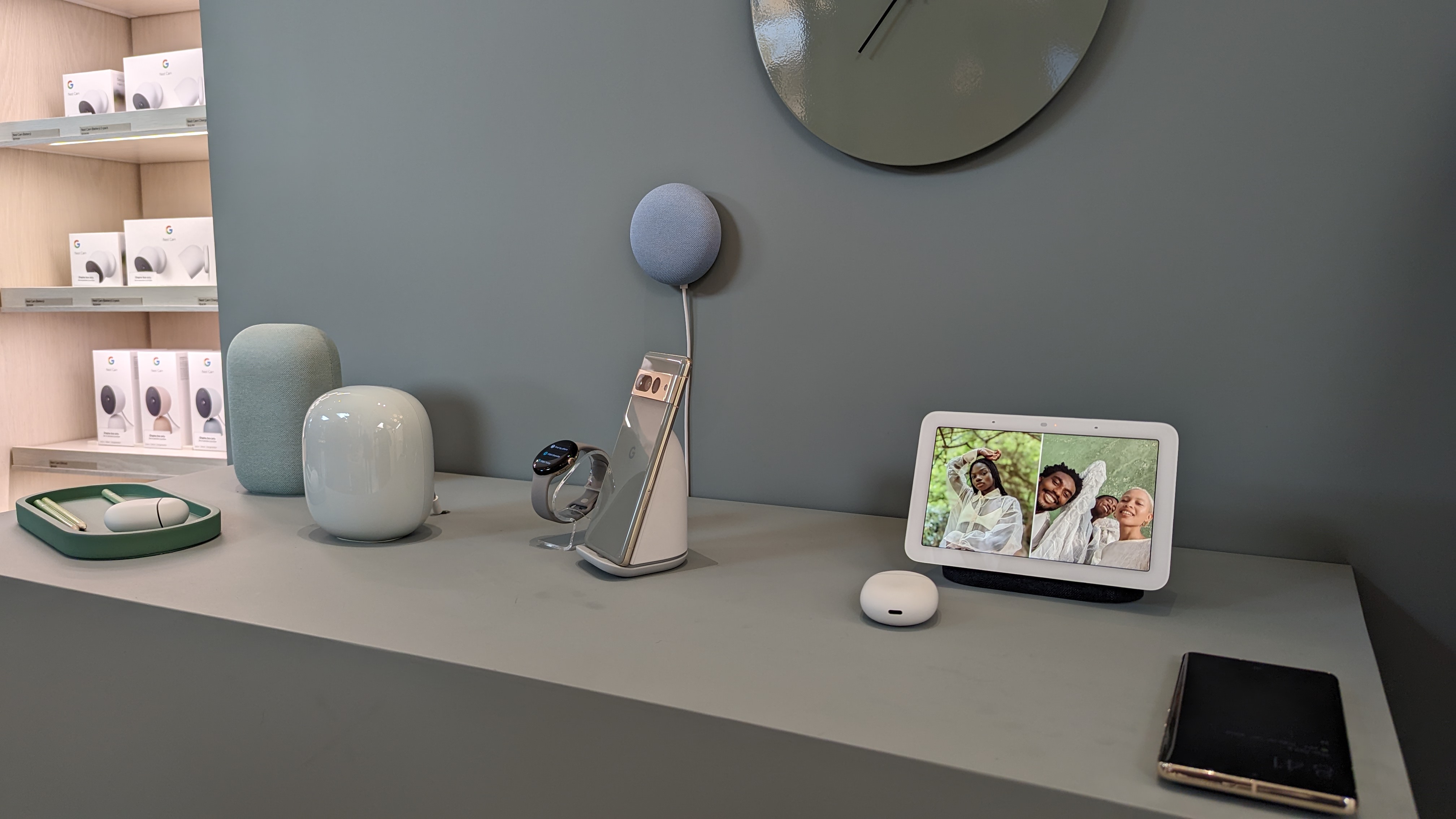
Will Google's strategy work? We know just 27.6 million Pixel phones have sold since 2016, putting the company so far behind Samsung and Apple in sales that it could never catch up. Those brands sell every type of device and the kitchen sink, and Google might hope that it can emulate their success by tempting Google fans with an ultra-smart, Tensor-backed AI working across all their devices and powering their Google Home.
In this situation, even minor sales numbers by other companies' standards would be a huge victory. So even if Google is adopting an Apple-like ecosystem, that doesn't mean it needs to emulate its marketing strategy. It can afford to target a niche crowd of technophiles who don't need a whole scripted production to see the appeal of Google devices. That crowd included most of the Android Central staff, who all found the live stream refreshingly straightforward.
I still think that the event tried to neatly sidestep the Pixel 7 and Pixel Watch's shortcomings. Our pre-event wishlist included topics like fixing the phone's fingerprint sensor, promising more consistent Wear OS updates, and convincing us that Tensor G2 wouldn't make the Pixel 7 series feel last-gen — none of which happened.
And Google is still the company that just killed Stadia and the Pixelbook 2 in the last month, so what happens if the Watch or Tablet flops? Will Google remain committed to its full ecosystem if the experiment doesn't immediately bear fruit?
But despite the concerns I have, I did at least appreciate that Google didn't try to overcompensate for these products with flashy presentations and skits. It just told us what it was proud of in its new devices and let the press release do the rest. And I think the strategy will pay off — especially if the Pixel Watch turns out to be the best Android smartwatch available.
Google Pixel Watch: $349.99 at Amazon | $349 or $29.17/month for 12 months at Best Buy | $349.99 at Walmart
Did Google sell you on its stylish new combination lifestyle/fitness smartwatch? Preorders are available now for the Pixel Watch, which has fast performance, plenty of storage, and great integration with Android phones.

Michael is Android Central's resident expert on wearables and fitness. Before joining Android Central, he freelanced for years at Techradar, Wareable, Windows Central, and Digital Trends. Channeling his love of running, he established himself as an expert on fitness watches, testing and reviewing models from Garmin, Fitbit, Samsung, Apple, COROS, Polar, Amazfit, Suunto, and more.
